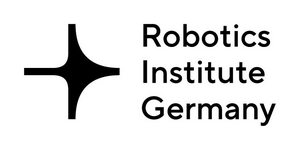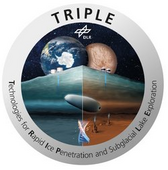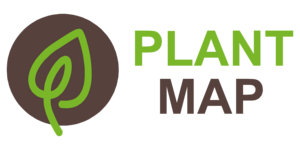
Research Departments
- Agents and Simulated Reality 3
- Augmented Vision 1
- Cognitive Assistants 2
- Cooperative and Autonomous Systems 2
- Cyber-Physical Systems 1
- Embedded Intelligence 3
- Innovative Factory Systems 3
- Robotics Innovation Center 15
Research Topics
- Autonomous Systems
- Data Management & Analysis 4
- Human-Machine Interaction 7
- IT Security 2
- Image Recognition & Understanding 7
- Machine Learning & Deep Learning 12
- Other 3
- Robotics
- Sensors & Networks 8
- Virtual & Augmented Reality 6
Fields of application
- Environment & Energy
- Farming & Agricultural Technology 7
- Financial Sector 1
- Health & Medicine 3
- Industrie 4.0 9
- Mobility 6
- Other 8
- Smart Home & Assisted Living 4
- Trade & Logistics 2
Search narrowed by:
Displaying results 1 to 10 of 19.
Research Departments
- Agents and Simulated Reality 3
- Augmented Vision 1
- Cognitive Assistants 2
- Cooperative and Autonomous Systems 2
- Cyber-Physical Systems 1
- Embedded Intelligence 3
- Innovative Factory Systems 3
- Robotics Innovation Center 15
Research Topics
- Autonomous Systems
- Data Management & Analysis 4
- Human-Machine Interaction 7
- IT Security 2
- Image Recognition & Understanding 7
- Machine Learning & Deep Learning 12
- Other 3
- Robotics
- Sensors & Networks 8
- Virtual & Augmented Reality 6
Fields of application
- Environment & Energy
- Farming & Agricultural Technology 7
- Financial Sector 1
- Health & Medicine 3
- Industrie 4.0 9
- Mobility 6
- Other 8
- Smart Home & Assisted Living 4
- Trade & Logistics 2





